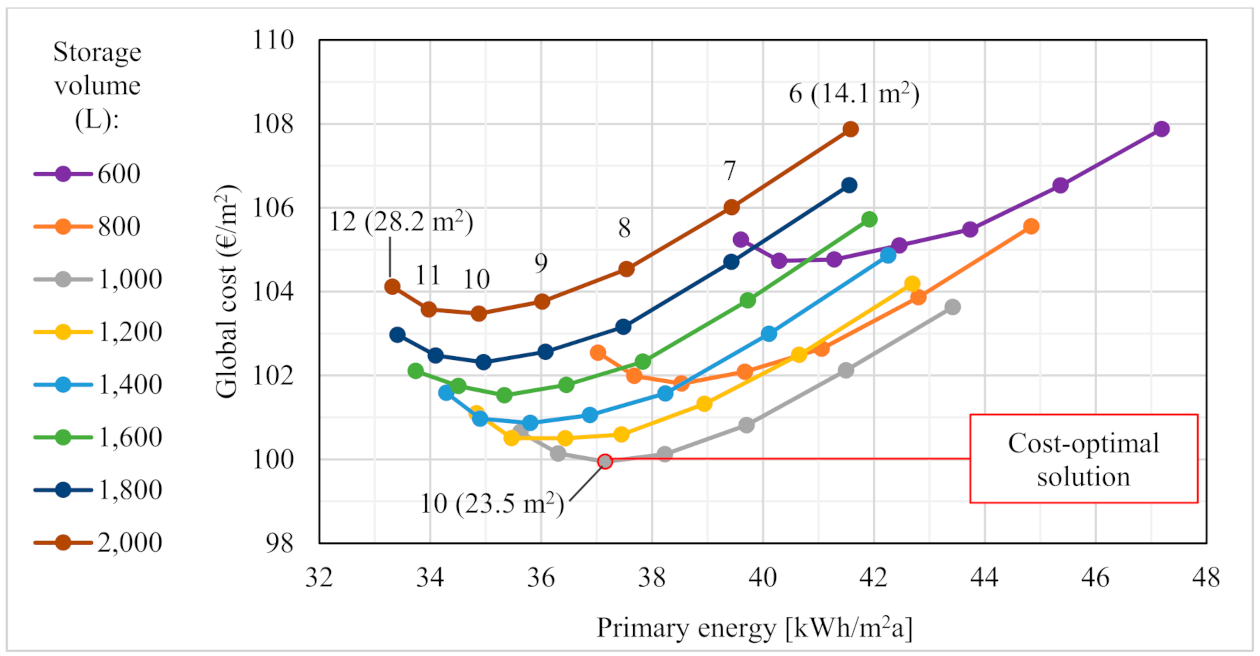
At the same time, Microsoft introduced a version of Visual Basic for Word it was called WordBasic and had keywords for characters, paragraphs, line breaks, etc. Visual Basic for Applications, or VBA, is a dialect of Microsoft's Visual Basic programming language, a dialect that has keywords to allow the programmer to work with Excel's workbooks, worksheets, cells, charts, etc. This first programming language was quickly superseded by Excel's current programming language, Visual Basic for Applications, introduced with version 5 of Excel. It was a rather cumbersome language, but it did provide most of the capabilities of a programming language, such as looping, branching and so on.

You will learn about fabricating, persisting, disconnecting, cloning, and shaping recordsets.Įxcel's first programming language, Excel 4 Macro Language (XLM) was introduced with version 4 of Excel. However, if you'd like to accomplish more with ADO, this chapter will introduce you to a couple of more advanced ADO features that will set you apart from beginning programmers. Recall that VBA offers the Object Browser that lists all the application's objects, properties, methods, and intrinsic constants that you may need for writing code. Learning a new type library is not very hard.

Because you already know the ADO methods of accessing databases and manipulating records, all you need to learn is the object model that the specific application is using.

What's more, using the knowledge acquired during the last few chapters, you can switch to any other Office application ( Excel, Word, PowerPoint, or Outlook) and start programming. So far you should feel pretty comfortable using ADO in most of your Microsoft Office Access programming endeavors.


 0 kommentar(er)
0 kommentar(er)
